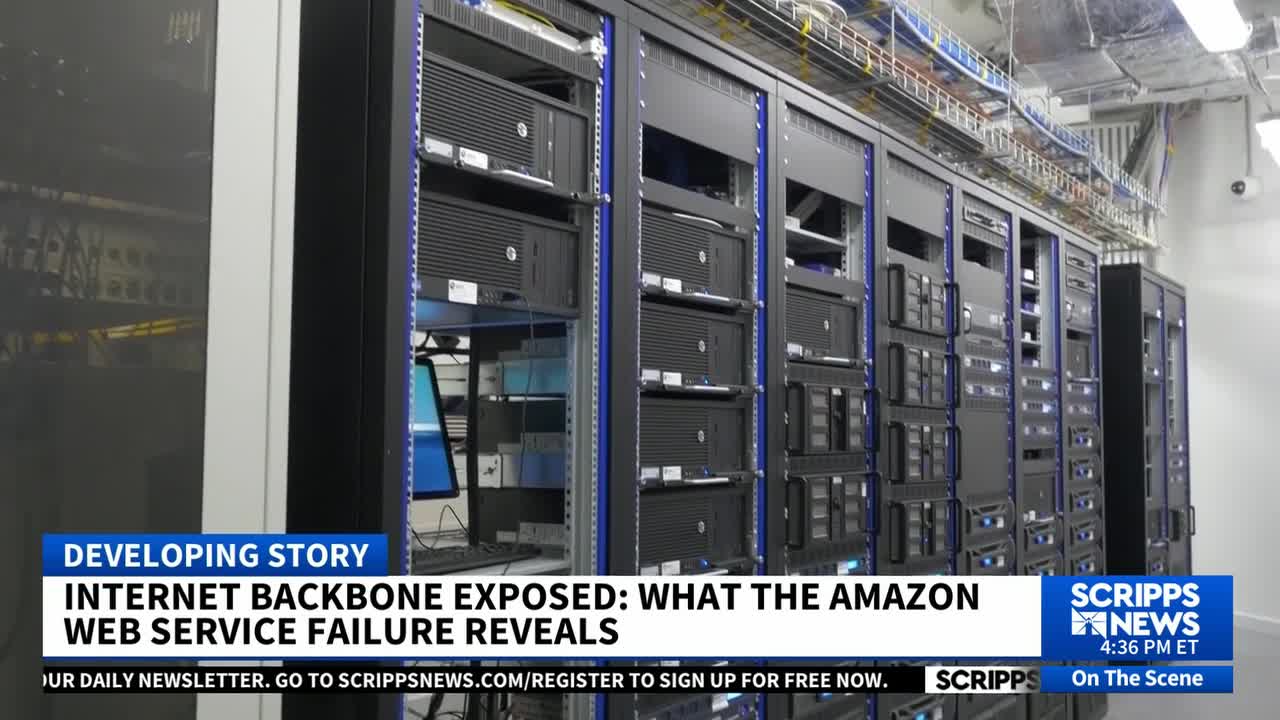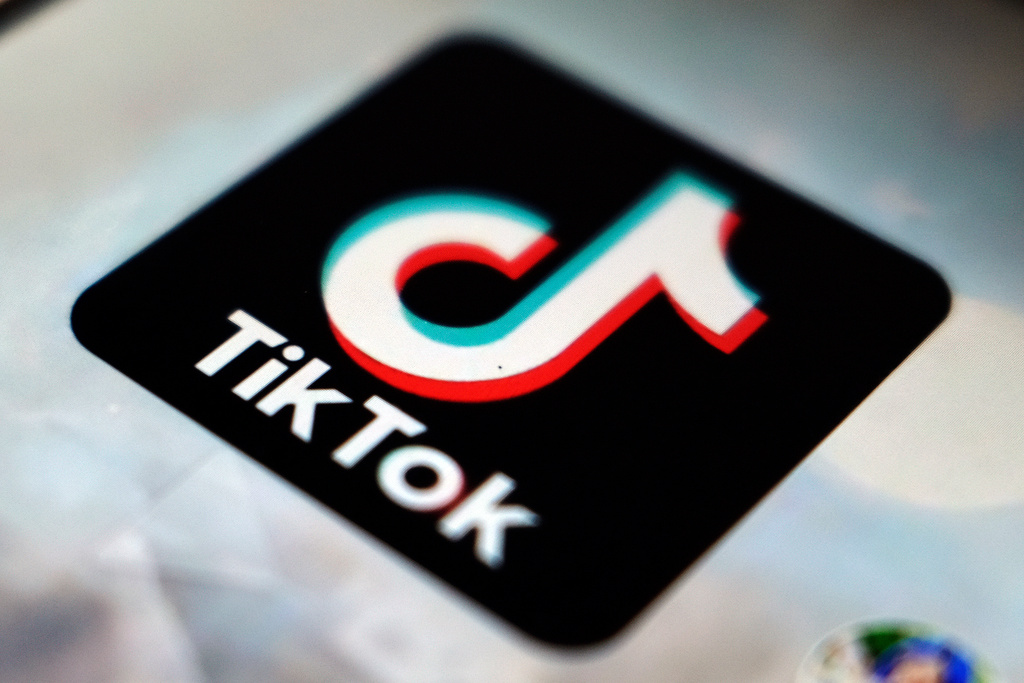Amazon Web Services says its massive outage has been resolved, but the ripple effects are still raising alarms across the digital economy. The failure in the cloud-computing system disrupted internet access worldwide on Monday, briefly taking down social media, gaming, streaming, payment and government platforms.
For about 15 hours, more than 11 million user reports flooded outage trackers, according to outage tracker site DownDetector. Over 2,500 companies were affected, including major names like Snapchat, United Airlines, Starbucks and McDonald’s, along with the U.S Medicare portal and the U.K.’s tax authority. Even healthcare and education platforms were impacted.
While Amazon declared systems had returned to “normal operations” by Monday evening, given that the system holds over one-third of the global cloud infrastructure, experts warn the outage’s implications run much deeper than temporary inconvenience.
RELATED STORY | Amazon says AWS outage is resolved as services return to normal
“This should be a wake-up call,” Gregg Bell, chief business officer at the Hedera Foundation and an expert in digital infrastructure, told Scripps News, calling the outage the equivalent of an "energy outage."
“The direct impact is certainly in the billions of dollars, with indirect exposure that could be multiples of that. These are major disruptions. From a user experience, if you're unable to access your bank account, or you're unable to book that travel, or communicate with your friends, that's a significant inconvenience. But then, from a commercial perspective, if you're a business and now you can't service your clients, that's enormous.”
Bell advised that while fewer companies choose to invest in decentralized or hybrid backups because they typically cost more, considering a switch could be useful for companies to ensure their operations aren't interrupted in the face of future outages.
AWS’s own reports cited “increased error rates and latency” in its U.S.-East-1 region, one of the company’s most critical data hubs. Within hours, the issue cascaded through dependent systems worldwide. Analysts emphasize that the outage was not a cybersecurity attack but rather an internal infrastructure fault. Yet the result - halted transactions, inaccessible portals, and digital paralysis - was no less severe.
Abigail Wright, a business-resilience expert with ChamberofCommerce.org, said the event should push organizations of all sizes to take a hard look at their own dependencies, especially since AWS serves as the backbone for so many unrelated businesses.
“Businesses are only as resilient as the weakest link in their service-supply chain,” Wright said. “The recent AWS outage reveals how an upstream provider’s lapse becomes downstream business risk. Businesses often think, ‘we’re small, we won’t be affected,’ but the reality is that even non-tech companies depend on cloud infrastructure indirectly via vendors, partners, or platforms.”
Wright recommends a proactive approach for businesses, by reviewing the dependencies on cloud services, vendors and platforms, and creating a rapid-recovery plan while also diversifying infrastructure across a multi-cloud or multi-region option.
“Looking ahead, the question isn’t whether another cloud outage will happen, but when,” she said.












